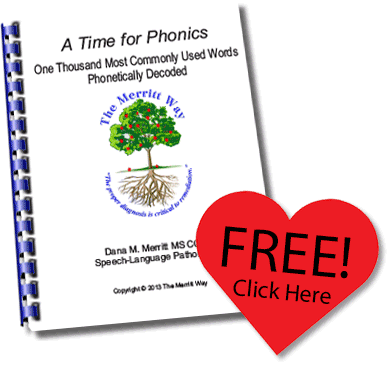1000 Words Phonetically Decoded A-Z.
Click on the image to discover more.
Neuroscience of Reading, Math, and Consciousness
By: Stanislas Dehaene
The transparent and automatic feat of reading comprehension disguises an intricate biological effort, ably analyzed in this fascinating study. Drawing on scads of brain-imaging studies, case histories of stroke victims and ingenious cognitive psychology experiments, cognitive neuroscientist Dehaene (The Number Sense) diagrams the neural machinery that translates marks on paper into language, sound and meaning.
By: Stanislas Dehaene
The Number Sense is an enlightening exploration of the mathematical mind. Describing experiments that show that human infants have a rudimentary number sense, Stanislas Dehaene suggests that this sense is as basic as our perception of color, and that it is wired into the brain. Dehaene shows that it was the invention of symbolic systems of numerals that started us on the climb to higher mathematics.
By: Stanislas Dehaene
WINNER OF THE 2014 BRAIN PRIZE! A breathtaking look at the new science that can track consciousness deep in the brain. In this lively book, Stanislas Dehaene describes the pioneering work his lab and the labs of other cognitive neuroscientists worldwide have accomplished in defining, testing, and explaining the brain events behind a conscious state.
By: Brian Butterworth
Much has been written about our innate language sense and how it has shaped our evolution and our nature, but until now little has been known about what Brian Butterworth calls our “numerosity, ” an innate number sense as fundamental to our human nature as language. Indeed, the author argues, to explore human nature at all it is necessary to explore the numerosity of the human brain.
By: David A. Sousa
This updated bestseller takes readers to the next level with new brain-friendly strategies backed by the latest research and even more ways to seamlessly incorporate what you learn about your students’ developing minds into your math classroom. Discover the cognitive mechanisms for learning math, explore factors that contribute to learning difficulties, and follow a four-step teaching model that relates classroom experience to real-world applications.
By: Theresa Fitzgerald
Equipped with this handy, updated reference of more than 400 full-color, illustrated definitions, children will be able to quickly find the definitions and illustrated examples that will enable them to solve many of the math challenges they face. Covering everything from “addend” to “zero,” the fourth edition of the best-selling Math Dictionary for Kids gives students in grades 4–9 definitions, illustrations, and examples that can help them solve math problems


